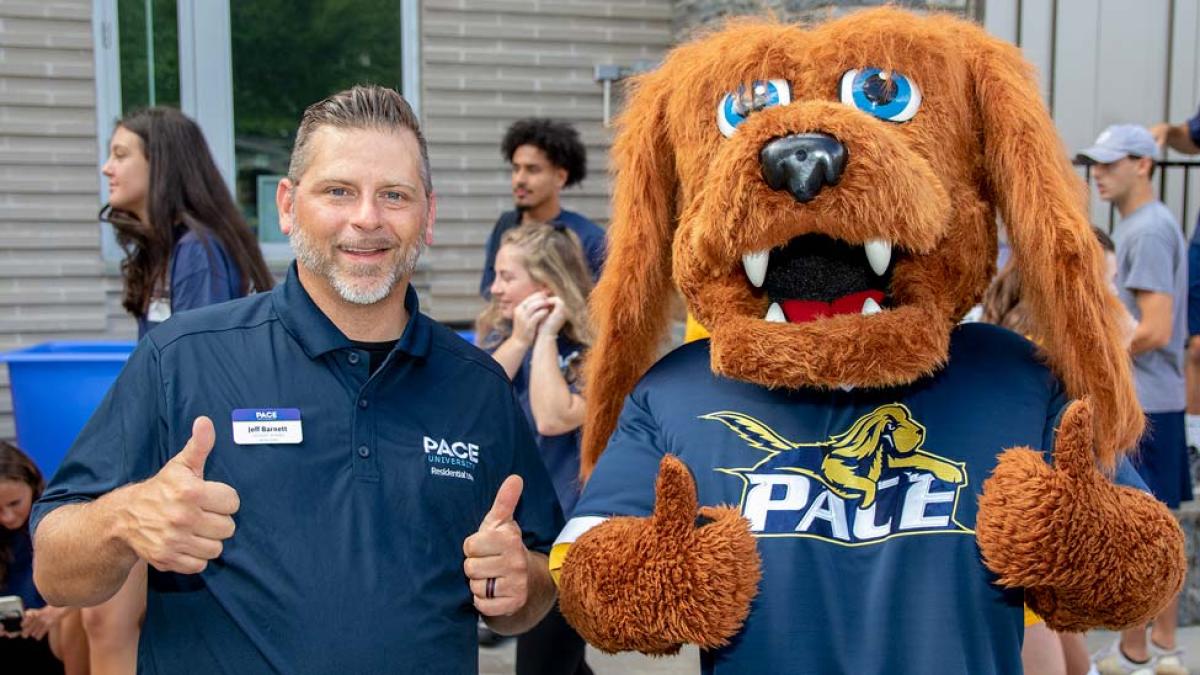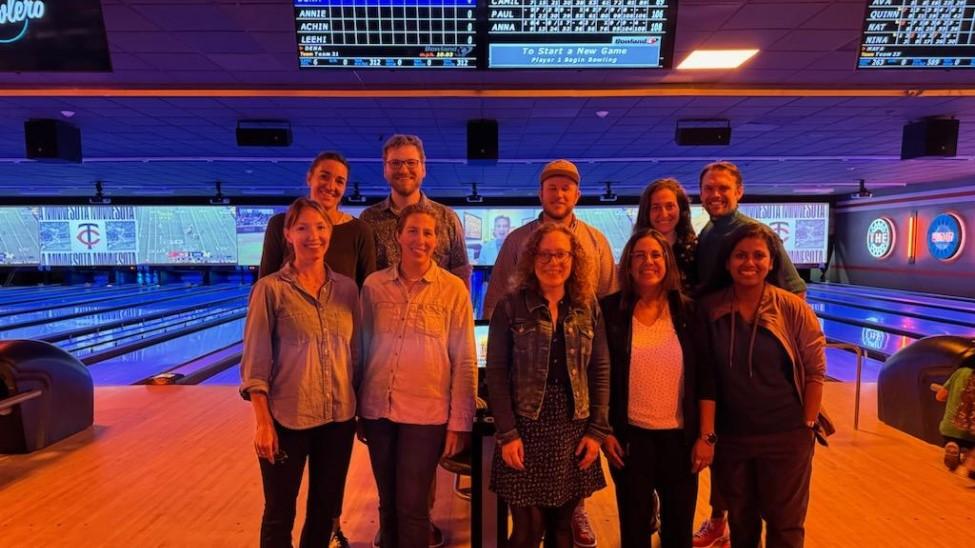
Pace University Political Science Professor Laura Tamman featured on Fox 5 News
Pace University’s Political Science Professor Laura Tamman was front-and-center in the media for her expert commentary on the historic 2024 Presidential Debate. She joined Fox 5 News for a post-debate analysis.
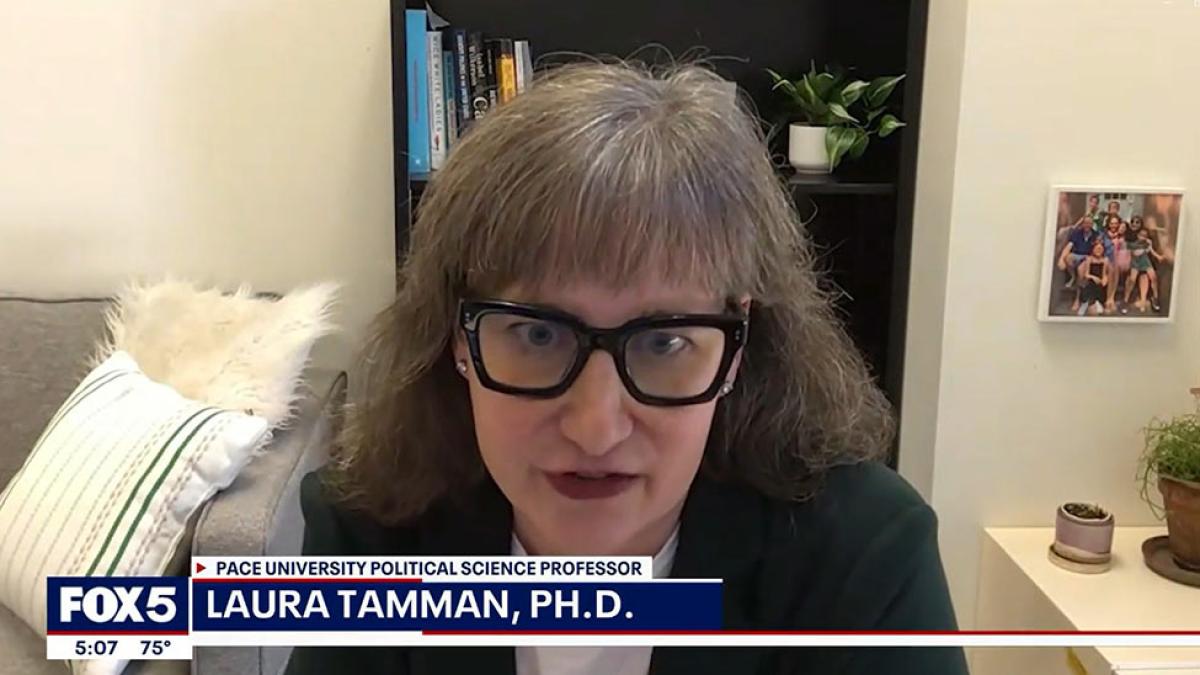
IAPMO, Pace to Publish UMC Chapter 17 as Standalone Document for Geothermal Energy Systems and Ambient Temperature Loops (ATL)
The International Association of Plumbing & Mechanical Officials (IAMPO) and the Pace Energy and Climate Center have agreed to jointly publish Chapter 17 of the Uniform Mechanical Code (UMC) as a standalone document (IAPMO/UMC/Chapter 17-2024) to address the needs for enforceable safety provisions for geothermal district ambient temperature loop systems, PHCP Pros report.
Georgia Tests a Novel Tactic in School Shootings: Putting Parents on Trial
Elisabeth Haub School of Law Emerita Professor Linda Fentiman speaks with The New York Times about James and Jennifer Crumbley, the first parents to be convicted in connection with a mass shooting carried out by their child.
Charging Parents When Their Children Kill
Professor Bennett Gershman pens an op-ed in The New York Law Journal discussing the implications of prosecutors charging a parent for mass murders by their children.
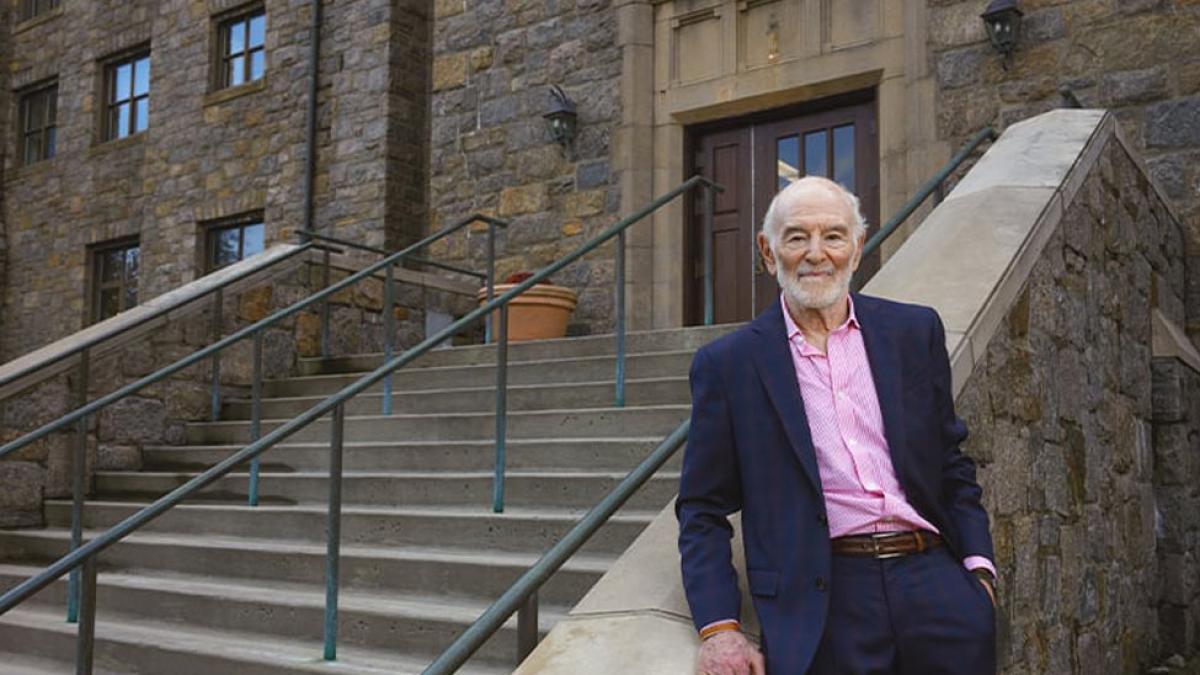
The Texas Billionaire Who Has Greenpeace USA on the Verge of Bankruptcy
Professor Josh Galperin speaks with The Wall Street Journal on fossil-fuel billionaire Kelcy Warren and his company, Energy Transfer, which is behind a lawsuit that Greenpeace claims could bankrupt its U.S. affiliate.
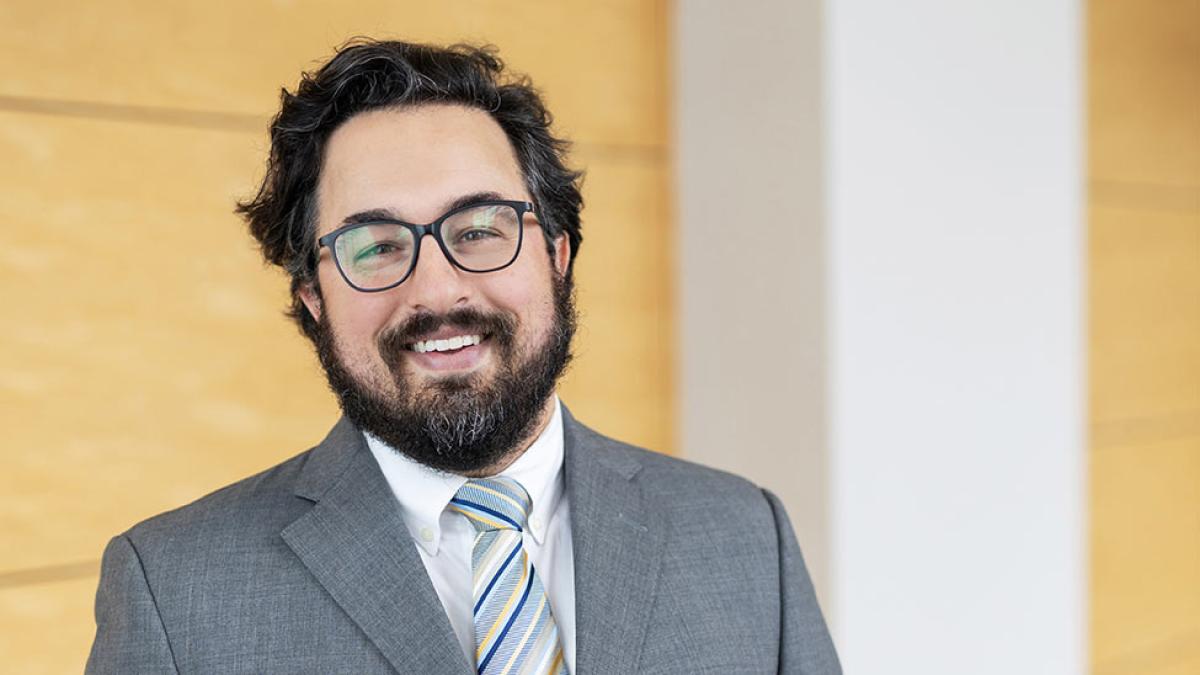
Getting Competitive: Able Athletics Hosts Field Hockey For Kids, Adults With Challenges
The Journal News featured the Pace Field Hockey Team as they supported an event hosted by Able Athletics, a Westchester-based organization that provides sports opportunities for youth with disabilities and special needs.
Elisabeth Haub School of Law at Pace University Hosts Inaugural Early Environmental Law Scholars Conference
On September 7, 2024, the Elisabeth Haub School of Law at Pace University hosted the inaugural Early Environmental Law Scholars (EELS) Conference. The goal of the Early Environmental Law Scholars is to foster community building, idea exchange, and professional development for emerging scholars in the field.
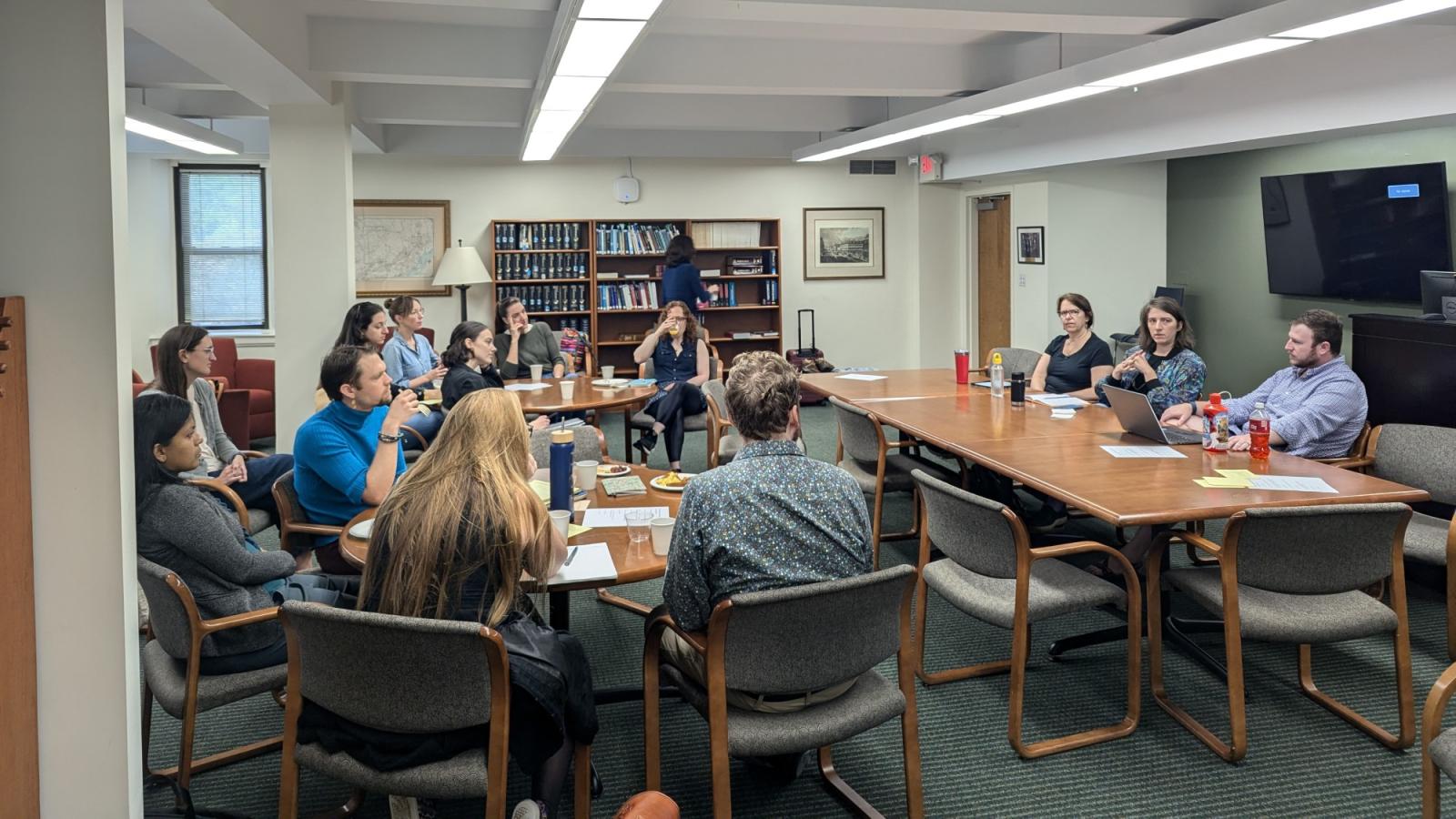
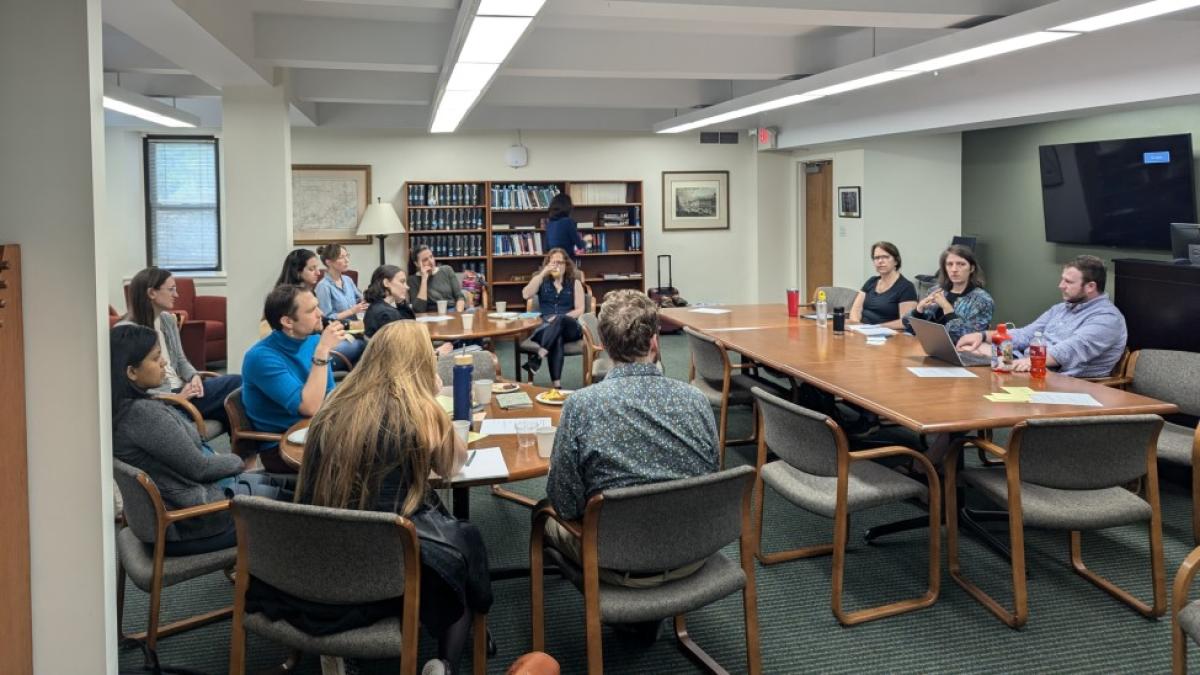
On September 7, 2024, the Elisabeth Haub School of Law at Pace University hosted the inaugural Early Environmental Law Scholars (EELS) Conference. The goal of the Early Environmental Law Scholars is to foster community building, idea exchange, and professional development for emerging scholars in the field. The conference was open to junior environmental academics, specifically those with less than 7 years on the tenure-track and fellows/Visiting Assistant Professors (VAPs) teaching at US schools.
“The Early Environmental Law Scholars organization provides a platform for junior environmental law scholars to connect over scholarship, teaching, and more,” said Camila Bustos, Assistant Professor of Law at Elisabeth Haub School of Law at Pace University. “Creating spaces for community building and idea exchange is integral to the future cohort of environmental law academics. This inaugural conference successfully brought together junior environmental law scholars with the shared goal of making a current and future impact in the environmental academic arena.”
Professor Bustos and Professor Alex Erwin, former Visiting Assistant Professor at Haub Law and current Assistant Professor at Florida International University College of Law, founded EELS earlier this year after noticing a need for additional spaces where juniors could connect over teaching and their experiences as early career scholars.
This inaugural EELS conference was made possible through the support of a grant from Haub Law’s Innovation Fund. The Haub Innovation Fund is part of the generous naming gift to the Elisabeth Haub School of Law at Pace University, which was made by the Haub Family, tireless environmental advocates and philanthropists. “We are so grateful that with the resources of the Innovation Fund we were able to host this important inaugural conference,” said Achinthi Vithanage, Professor of Law for Designated Service in Environmental Law and Associate Director of Environmental Law Programs at Elisabeth Haub School of Law at Pace University. “The future of environmental academia is very much in the hands of junior scholars and their innovation in the field, so it is very fitting that Haub Law’s Innovation Fund supported this idea generating conference.” Professors Paul Rink, current Visiting Assistant Professor at Haub Law, Annie Brett, University of Florida Levin College of Law, and Amber Polk, University of Alabama School of Law, also joined the organizing committee for the EELS Conference.
The morning sessions of the event provided participants with an opportunity to delve into their scholarship, teaching, and other topics relevant to early career academics. In a productive session, early-career scholars delved into the core elements of effective teaching. They engaged in discussions around defining quality scholarship, strategies for creating syllabi that foster active learning, and methods to ensure their classrooms are inclusive and serve the needs of diverse students.

The second half of the conference consisted of a networking and social engagement session where participants went bowling and had an opportunity to connect. The day prior to the EELS Conference, Pace | Haub Environmental Law hosted the 11th annual Future Environmental Law Professors Workshop. The prestigious annual workshop is designed for Visiting Assistant Professors, Fellows, Researchers, Law Clerks, Practitioners, and others, including current students, who are currently, plan to go on, or are considering the academic teaching market in the areas of environmental law, natural resources law, food and agriculture law, energy law, land use planning, and/or ocean and coastal resources law. That workshop concluded with an evening reception co-sponsored by Pace | Haub Environmental Law and the Early Environmental Law Scholars (EELS) and served as the opening reception for this inaugural annual conference of EELS.
Elisabeth Haub School of Law at Pace University Hosts Eleventh Annual Future Environmental Law Professors Workshop
On September 6, 2024, the Elisabeth Haub School of Law at Pace University hosted the eleventh annual Future Environmental Law Professors Workshop. The prestigious annual workshop is designed for Visiting Assistant Professors, Fellows, Researchers, Law Clerks, Practitioners, and others, including current students, who are currently, plan to go on, or are considering the academic teaching market in the areas of environmental law, natural resources law, food and agriculture law, energy law, land use planning, and/or ocean and coastal resources law.
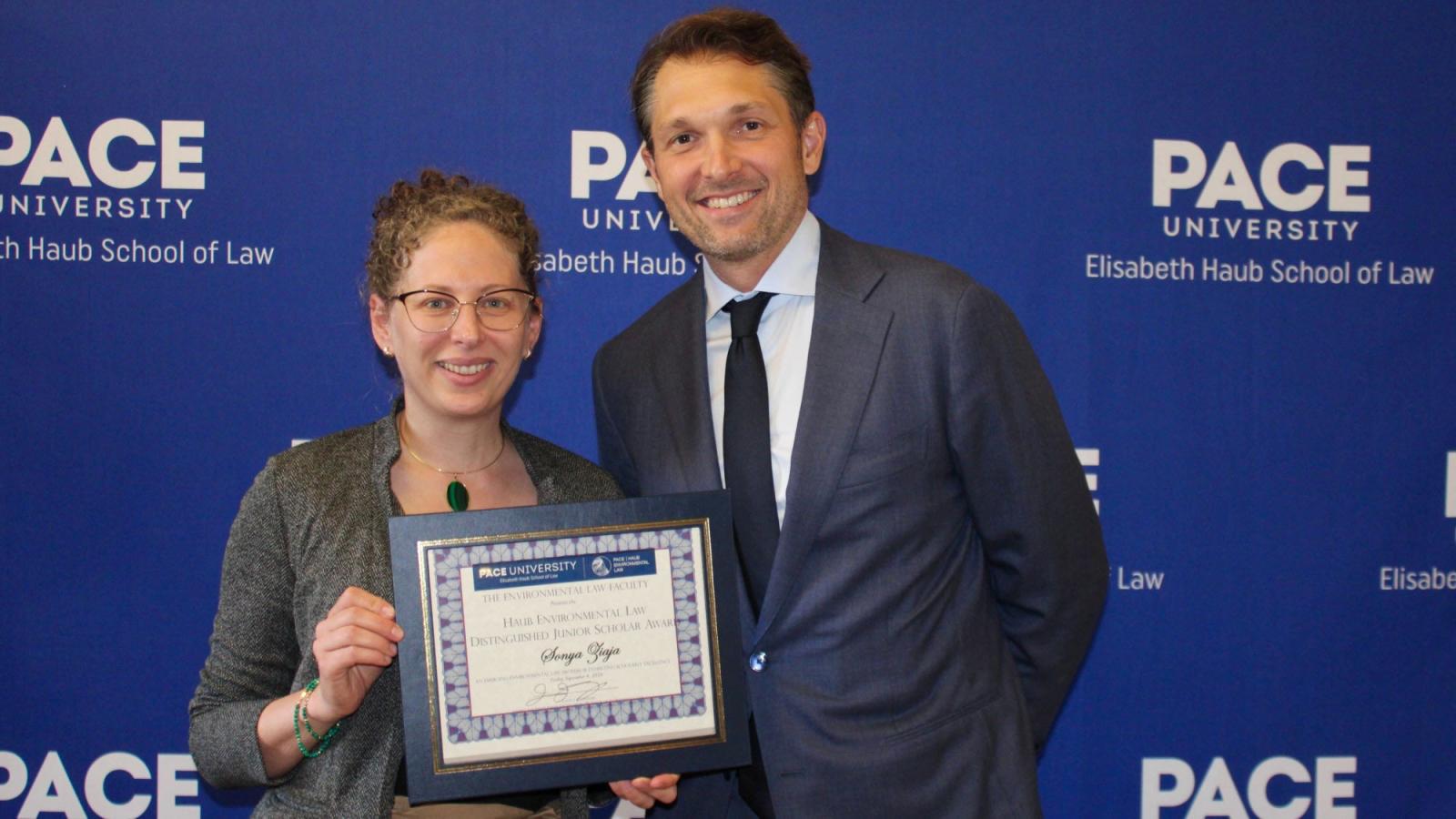
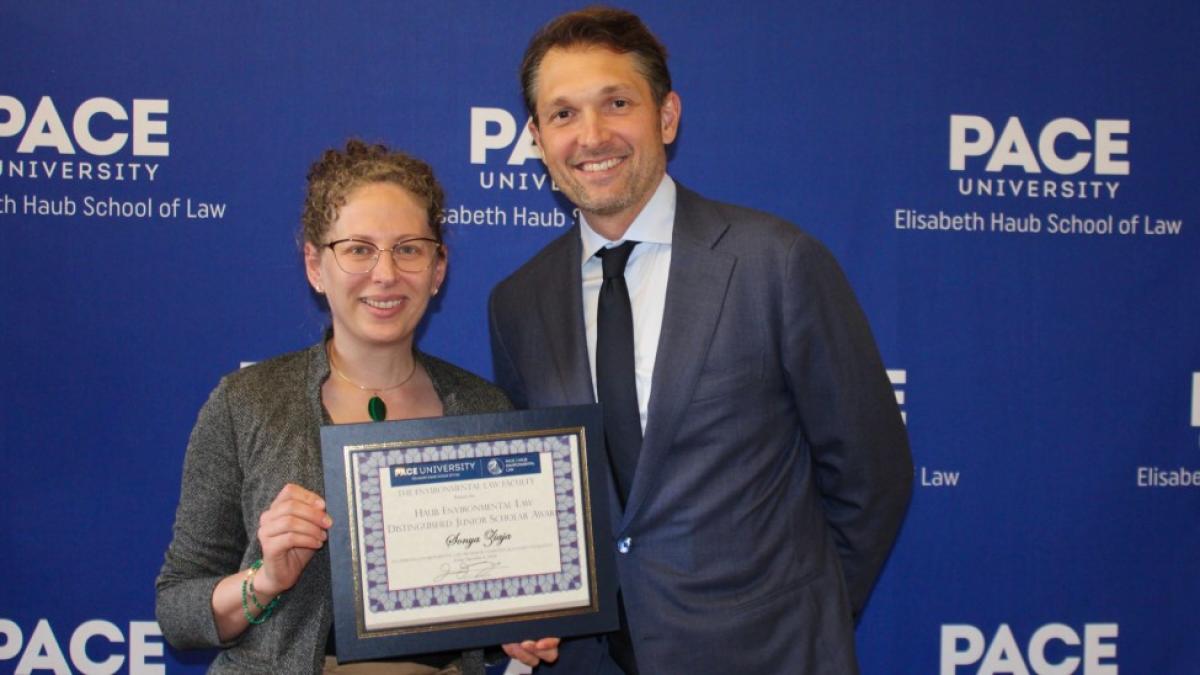
On September 6, 2024, the Elisabeth Haub School of Law at Pace University hosted the eleventh annual Future Environmental Law Professors Workshop. The prestigious annual workshop is designed for Visiting Assistant Professors, Fellows, Researchers, Law Clerks, Practitioners, and others, including current students, who are currently, plan to go on, or are considering the academic teaching market in the areas of environmental law, natural resources law, food and agriculture law, energy law, land use planning, and/or ocean and coastal resources law.
“This full-day workshop allows participants who have the shared goal of entering the environmental law academic teaching market to learn from established environmental academics,” said Jason Czarnezki, Gilbert and Sarah Kerlin Distinguished Professor of Environmental Law and Associate Dean of Environmental Law Programs and Strategic Initiatives. “Pace | Haub Law has established itself as the premier environmental law program and this workshop allows participants an opportunity to gain an insider’s view into establishing themselves in the environmental academic field.” During the course of the workshop, participants received advice on the environmental law teaching market, obtained an insider’s view on the appointments process from faculty with extensive hiring experience, learned about the history and future of environmental law in law schools, participated in a mock AALS interview and gained feedback from environmental law professors, and presented work to future colleagues in the environmental law academy through mock job talks.
This year’s workshop kicked off with introductory remarks by Associate Dean and Professor of Law Jason Czarnezki, followed by a panel discussion on “Navigating the Environmental Law Professor Job Market Post Pandemic,” and mock interviews. The afternoon sessions included several timely topics, case studies, and discussions. Each year, the workshop also features a keynote lunch address featuring a noted environmental academic. This year’s keynote address, “A qualitative empirical assessment of whether and how environmental constitutional rights matter to state natural resource managers,” was delivered by Sonya Ziaja, an Assistant Professor at the University of Baltimore School of Law. Professor Ziaja was also recently selected to receive the 2024–2025 Pace |Haub Environmental Law Distinguished Junior Scholar Award.
The workshop concluded with an evening reception co-sponsored by Pace | Haub Environmental Law and the Early Environmental Law Scholars (EELS) and served as the opening reception for the inaugural annual conference of EELS, an organization seeking to foster community building, idea exchange, and professional development for emerging scholars in the field.
Power & Politics: Harris, Trump Unveil Economic Plans; What A Federal Rate Cut Could Mean For You
Dyson Professor Mark Weinstock was centerstage on News12’s Power & Politics providing expert insight on the economic plans of Vice President Kamala Harris and former President Donald Trump.
Pace University welcomes students on campus for fall semester
News12 had the scoop on move-in day in Pleasantville, and the excitement continued on Tuesday when Pace hosted its annual Convocation ceremonies one in lower Manhattan followed by another in Westchester welcoming 2,348 new and transfer students from 49 states and 64 countries.
